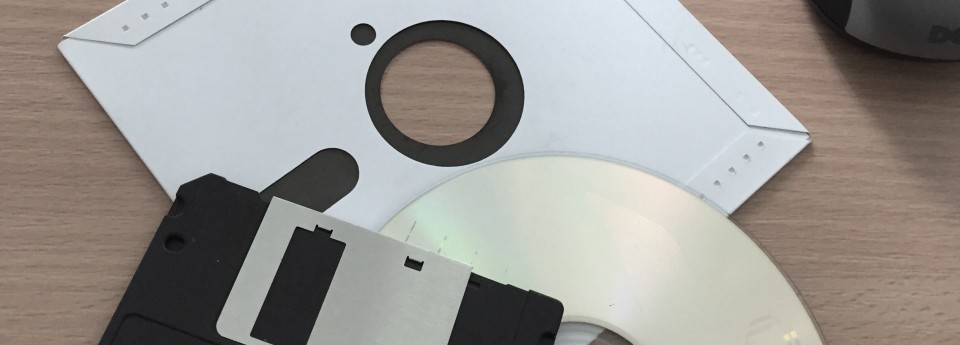I was excited to read today that the National Archives have made their first born-digital records archives available via the Discovery tool. This marks the beginning of a long process of integrating the traditional and born digital elements of the government’s records into one portal in what (hopefully) will be a seamless point of discovery. This might seem like a small step for many but having spent my first few weeks grappling with the issues around managing, preserving and making available digital data I can only be extremely grateful that there are pioneers there who are paving the way to enable all archives, whether purely digital (as here at Lancaster) or hybrid (as surely all others will eventually become), can look to making their holdings available for anyone who wants to access them.
The focus on discoverability has been shaping the way I have been thinking over the last week or so and it was good to read Professor Lorna Hughes of the School of Advanced Studies write about the necessity of public access to our heritage as part of the democratic process. This includes the digitisation of archival and historical resources, the publication of Big Data and the preservation of the born-digital, all activities which as I mentioned in my previous post underpin the democratic process.
For an archivist from a traditional paper-and-parchment (yeah and the rest) background, getting to grips with the way digital data can and should be described so that it can be made available has been a steep learning curve. I shall be looking at how the National Archives have used Discovery to weave together their hybrid catalogue but I have also been taking a lot of inspiration from the work of Jane Stevenson at Archives Hub and in particular her blogs on the AHRC funded Exploring British Design project. There is much to be gained from thinking above and beyond traditional archival description to help make the digital discoverable for as many people as possible. This fits in well with the emphasis on sustainability and access to research data which is one of the key drivers behind my role here at Lancaster University.
In the meantime my first small steps are going to be around drafting digital preservation policy and reading about what others have already done; by sharing and making available their work to the wider digital preservation and archives community benefits, everyone reaps the benefit.
I’ve been following #LIBER2015 tweets for lots of stuff about copyright, research data management and more….
